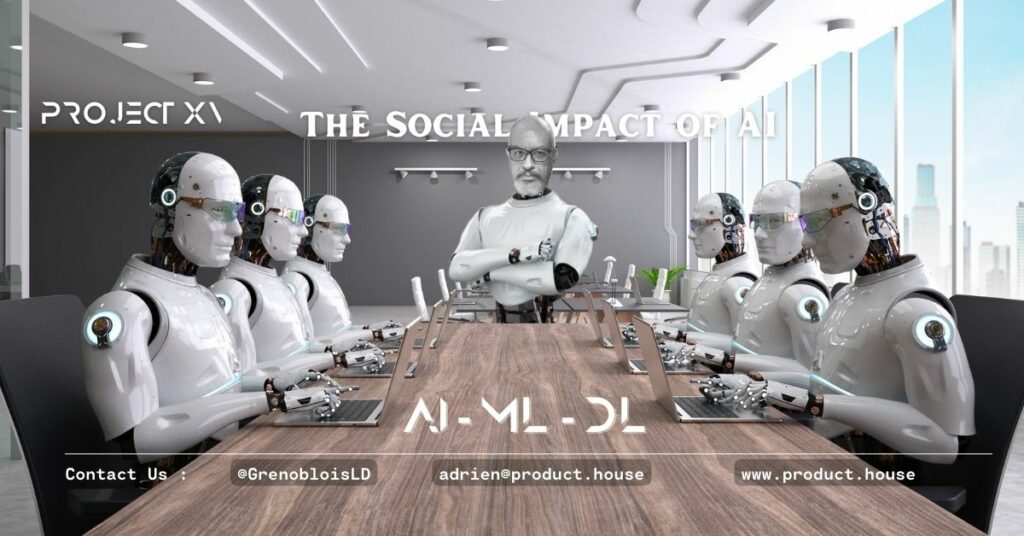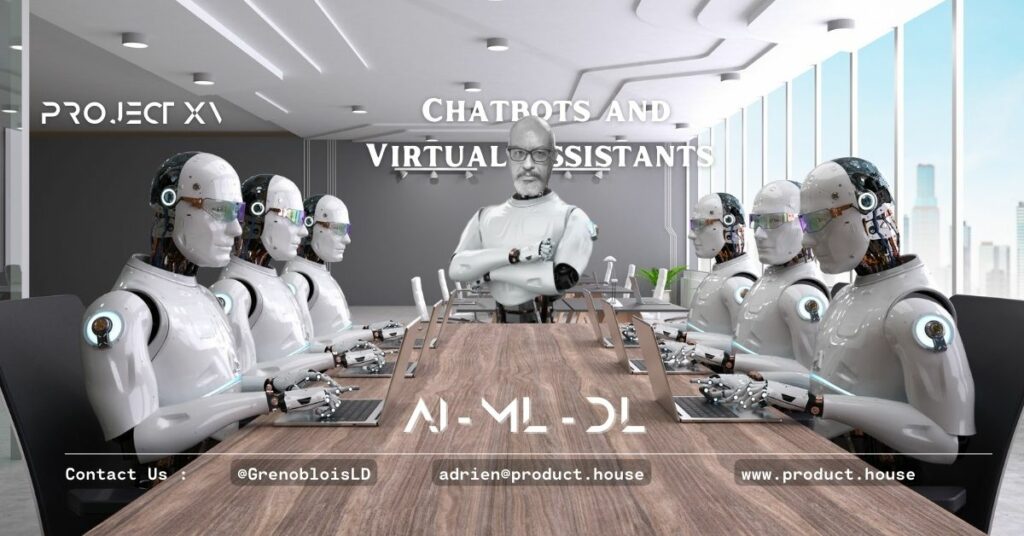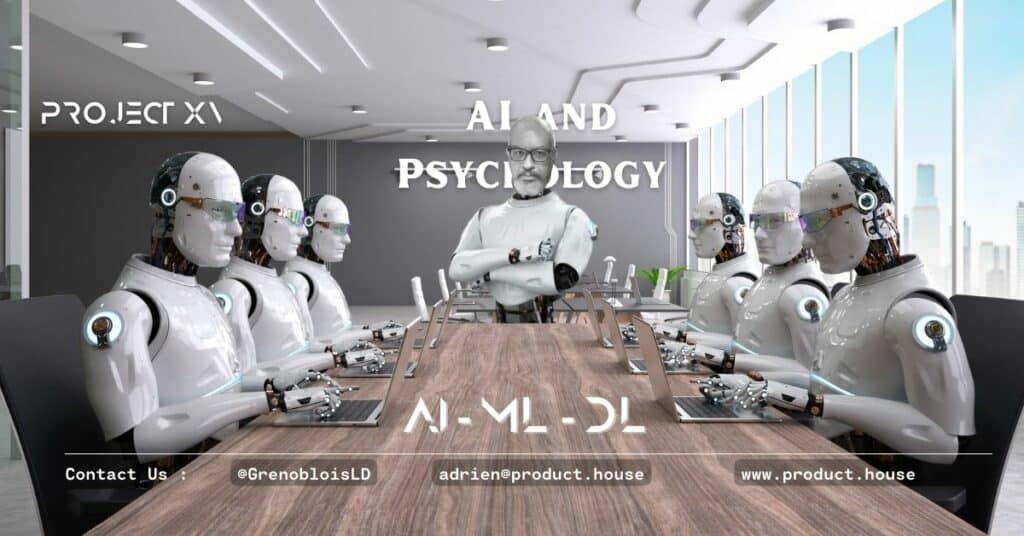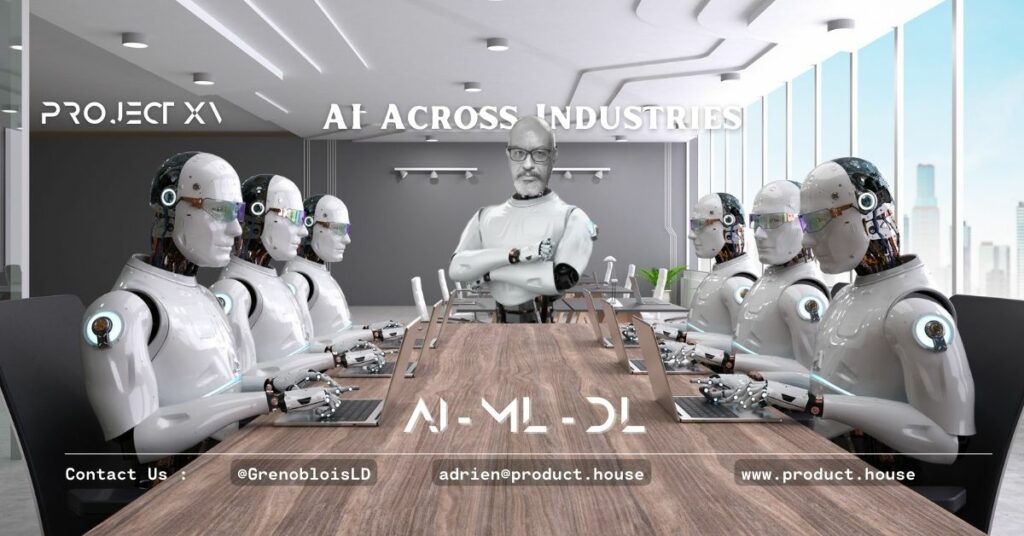The Social Impact of AI: Ethical and Legal Implications

Artificial intelligence (AI) has the potential to revolutionize our world in many positive ways, but it also raises ethical and legal questions that need to be addressed. As AI becomes more integrated into our daily lives, it’s important to consider the social impact of this technology and ensure that it is being used in an ethical and responsible manner. In this article, we’ll explore the ethical and legal implications of AI and its potential social impact.
Introduction
AI is a rapidly evolving technology that is already having a significant impact on our lives. From virtual assistants like Siri and Alexa to self-driving cars, AI is changing the way we interact with the world around us. However, with these advancements come a number of ethical and legal challenges that must be addressed to ensure that AI is used in a responsible and beneficial way.
Ethical Implications of AI
One of the primary ethical concerns surrounding AI is the potential for bias in algorithms. AI systems are only as unbiased as the data they are trained on, and if this data contains biases or inaccuracies, the resulting algorithms may also be biased. This can lead to unfair treatment of certain groups of people and perpetuate existing social inequalities.
Another ethical concern is the potential for AI to replace human jobs. While AI can certainly make certain tasks more efficient and accurate, it can also lead to widespread job displacement and economic inequality. It’s important to consider the impact that AI will have on the workforce and take steps to mitigate its negative effects.
Legal Implications of AI
The legal implications of AI are also significant. As AI becomes more prevalent in our daily lives, it’s important to ensure that it is being used in a lawful and ethical manner. This includes issues such as privacy and data protection, liability for AI-related accidents, and intellectual property rights.
For example, if an AI system causes harm or injury to a person, who is held responsible? The developer of the AI system, the owner of the system, or the user of the system? These legal questions must be addressed to ensure that the development and use of AI is safe and responsible.
Implications for Society
The social implications of AI are vast and far-reaching. On the one hand, AI has the potential to make our lives easier and more efficient, from personalized healthcare to improved environmental sustainability. On the other hand, there are concerns about the impact of AI on human relationships, privacy, and security.
It’s important to consider the potential social impact of AI and take steps to ensure that it is being used in a way that benefits society as a whole. This includes developing regulations and guidelines to ensure that AI is being used in an ethical and responsible manner.
Resources and Further Reading
If you are interested in learning more about the social impact of AI and its ethical and legal implications, there are many resources available to you. Here are a few recommendations:
Books:
- “Artificial Unintelligence: How Computers Misunderstand the World” by Meredith Broussard
- “Robot Rights” by David J. Gunkel
Online Courses:
- “AI Ethics: Global Perspectives” offered by edX
- “AI and Ethics” offered by Coursera
Experts in AI Ethics and Law:
- Meredith Broussard
- David J. Gunkel
- Kate Crawford
Examples of AI and Its Social Impact:
- Personalized healthcare and medical treatment.
- Improved environmental sustainability through smarter resource management.
- Automated decision-making in the criminal justice system.





